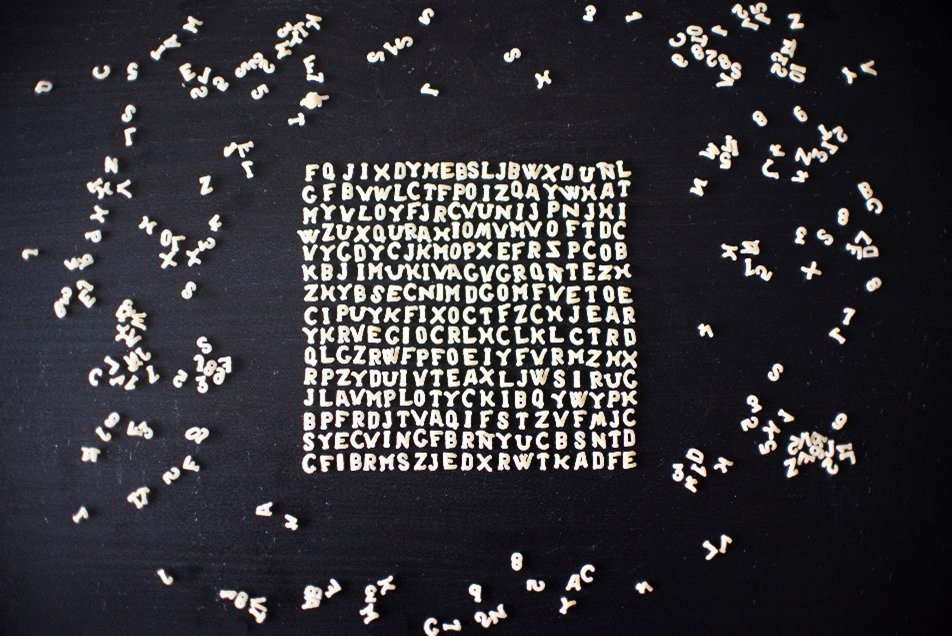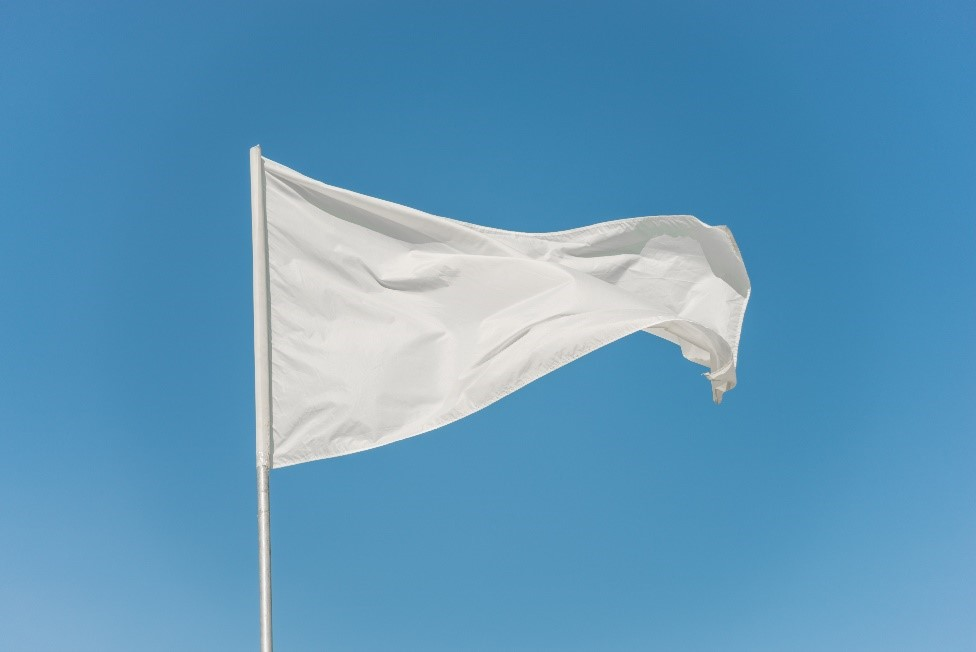
By: Jack Johnson, Destinations International
The Equity, Diversity, and Inclusion (EDI) Committee at Destinations International recently released an Allyship Letter on behalf of its global membership. The letter was signed by over 100 senior leaders in destination organizations within the United States and Canada. It was a response to the open letter published in June 2021 by Black industry leaders representing destinations around the United States to their colleagues. The letter reflected on systemic racism in the travel industry and provided a set of questions for organizations to think deeply about with respect to advancing equity.

The Allyship letter spent many months in review. I was one of the folks that took a long hard look at it. How it responded to the original letter and what it said in and of itself. The review resulted in a lot of changes and tweaks. But one paragraph that drew quite a bit of attention stayed relatively the same. I would be less than honest if I did not acknowledge that one specific paragraph elicited a visceral reaction from me and others. The paragraph is as follows.
“Beyond that, those of us signing this letter recognize that we are the direct beneficiaries of White privilege. We believe that any conversation about diversity, equity, and inclusion (DEI) must start with this foundational truth–and that we must learn how to actively use that privilege to drive sustainable, systemic change in our industry.”
It is not the whole paragraph as much as it is one term that draws the reaction – White privilege. As I ruminated about the feeling, I realized it was not so much the definition of White privilege so much as the words themselves. According to the Merriam-Webster dictionary the term means “the set of social and economic advantages that White people have by virtue of their race in a culture characterized by racial inequality.”
The folks at the Oxford English Dictionary phrase it as “the high status and accompanying rights and advantages accorded to White people in a society based on or characterized by racial inequality or oppression of non-White (esp. black) people; (now often) spec.: advantages deriving from, or taking the form of, freedom from prejudice or discrimination based on skin color in a majority-White country.” Oxford uses a lot more words but they both capture it.
For a more detailed discussion of the term, might I recommend an article entitled “What Is White Privilege, Really?” published by Learning for Justice, a project of the Southern Poverty Law Center. It was released in the fall of 2018 but remains highly relevant.

In the beginning I felt that the key word in this phrase was privileged, and this assumption really bothered me. This is not a new concept to me. I accept the definitions above. I have tried to acknowledge it and be aware of its existence. I acknowledge that being White is one of many things that has shaped my life, given me access that other people did not automatically have, given me leeway that other people did not automatically have, given me opportunities that other people did not automatically have.
I also realize that White privilege is not the suggestion that White people have never struggled. Many White people do not enjoy the privileges that come with relative affluence or access. I also realize that as the authors of that article state, “White privilege is not the assumption that everything a White person has accomplished is unearned; most White people who have reached a high level of success worked extremely hard to get there. Instead, White privilege should be viewed as a built-in advantage, separate from one’s level of income or effort.”
The idea that I have this privilege also elicits a feeling that I have something, that to be fair and just, I would need to give up. Loss is a powerful emotional motivator in people. Much more so than possible gains. But I have long concluded that the work here is not to give up the privilege but instead expand the privilege to everyone else. Why not allow everyone to have the initial assumption that they can do a job until it is proved that they can’t as I do when I walk into an interview and many people of color often do not. Everyone should be able to drive through an area or walk on a street and not have the default opinion that they are up to no good. Everyone should be presumed innocent before found guilty.
But more than that, I also have a record of overseeing and even designing affirmative action and training programs built around the renovation of Navy Pier and the expansions and operations of McCormick Place convention center in Chicago. Each one of those programs were designed with the help of the community to address the impact of centuries of White privilege. They we designed to create access to credentials, certificates, and apprenticeships that women and people of color could not get without breaking down some barriers that most people did not see. Procurement programs were designed to build capacity by breaking down barriers to access capital, opportunities, and customers. The goal was not to just achieve some numbers on the projects but deliver long term results in building capacity and reducing needless barriers.
Furthermore, I once pursued employment with a particular university not once but twice. In each case I was eminently qualified for the spot and brought unique experience that made me ideal for the position. And yet it was clear I was hitting a wall throughout the whole process. It was only later when I poured through the bios of the people that they did hire that I realized that they only hired people with advanced degrees (master’s or PHD) from either theirs or a peer university. They had eliminated a large swath of qualified people, perhaps the best qualified people to hire people who looked like themselves. Imagine that being the case every time or even almost every time you sought a position. In response I have made note of the natural inclination to hire the familiar and have actively sought to define what I need to get out of a position and hire based on that. I may not have always succeeded, but through much of my life it has led to a diverse and effective staff reporting to me.
So why did the word privilege give me pause? It was then I realized that the reaction was not to that word. It was to the other word - White.

When my dad would tell stories of people, he would always identify the race or sexual orientation of any non-White person in the story whether it was relevant or not. He would say that there was this Black man, this Hispanic woman, this Chinese fellow, this Indian, this Queer. I would always imperceptibly shudder at that last one for I am a Gay man. I understood that this was, without intent I believe, marginalizing people. Characterizing them as the others. But despite that insight and the personal effect it had on me as a Gay man. Despite what I knew intellectually. It wasn’t until I read that paragraph in the Allyship letter that I realized the impact of being the default, the norm, the thing in which all is measured or compared against. Being Black was a category. As was being Hispanic, or Indigenous, or woman or LGBTQ. Being White was not a category, it was the norm.
I am not alone in this. Emily Bazelon, a staff writer at The New York Times Magazine and the author of the national best-seller “Sticks and Stones: Defeating the Culture of Bullying and Rediscovering the Power of Character and Empathy” wrote an article back in 2018 entitled “White People Are Noticing Something New: Their Own Whiteness.” I remember reading that article and, on an intellectual level, agreeing with it. But my emotional side didn’t engage. It is not the first time I have had the intellectual and the emotional sides of me at odds with each other. Most likely will not be the last. But by not emotionally recognizing that I was unconsciously and unintentionally perpetrating White privilege I was saying one thing and doing another. Just because I was not participating directly in the mistreatment of others based on race, my learned biases and my safety from such treatment led me too often to commit one of the most powerful actions that has helped perpetuate White privilege. I was silent. I was aware on some level but did not go deeper. I was ignoring something causing damage that was right in front of me.
And for that I am sorry.
The phrase White privilege still evokes a feeling in me. But now a mix of shame and urgency. Shame for my past failures and an urgency to make amends. We have an opportunity to learn, as the letter states, “how to actively use that privilege to drive sustainable, systemic change in our industry.”
And that is why I signed the letter.

